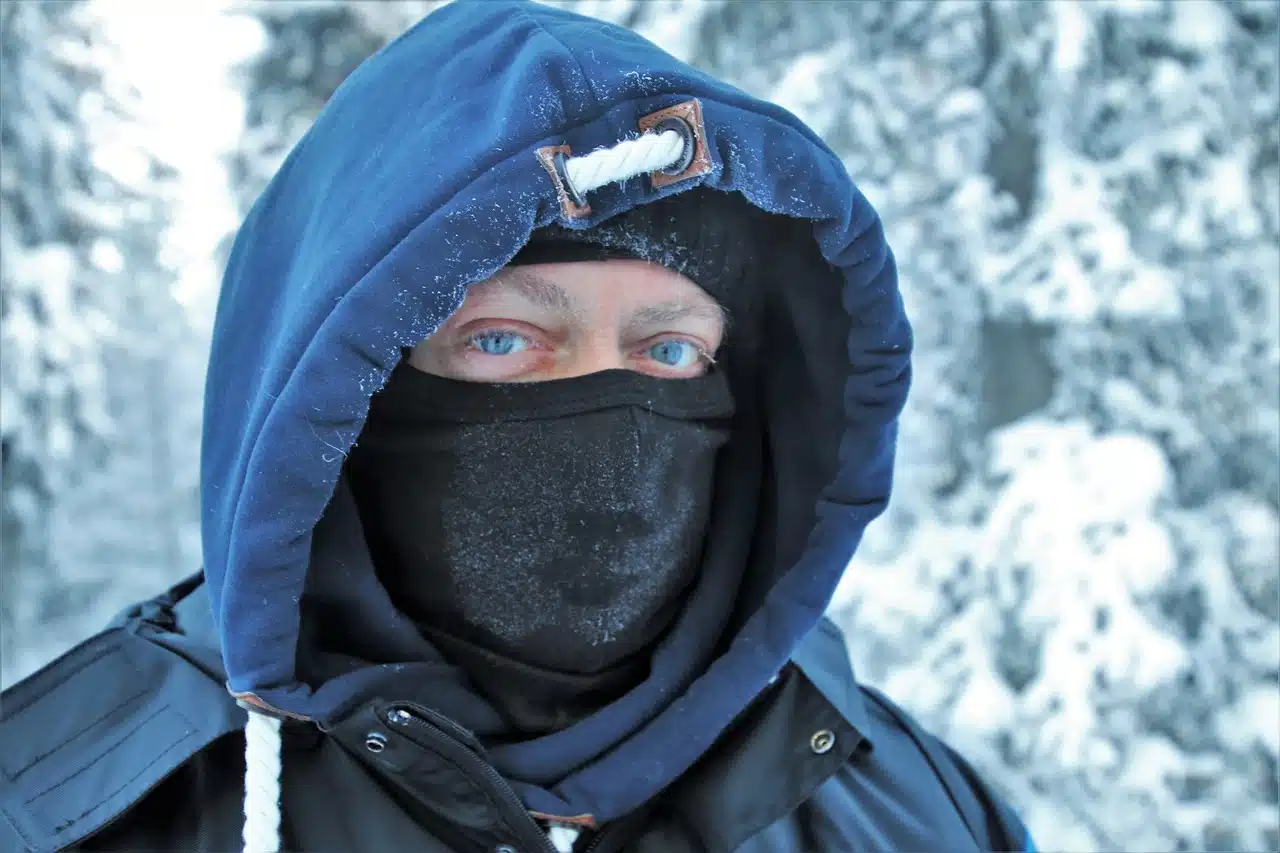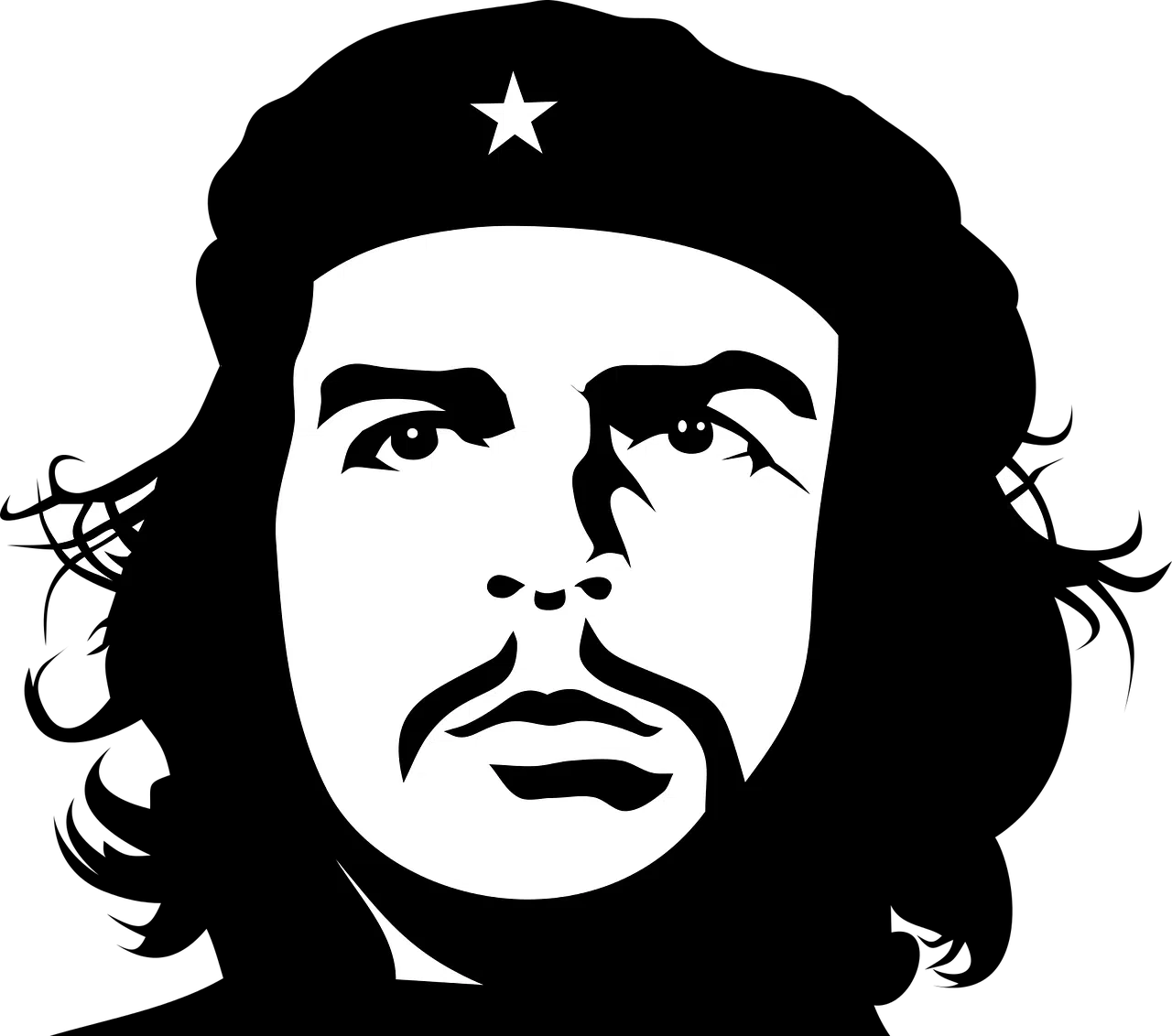
The clandestine is associated with the hidden or hidden.
Clandestine is something hidden and said or done in secret for fear of the law or authorities. The term comes from the Latin clandestinus.
This adjective can be applied to people or objects that, for ideological reasons, are condemned to a life in complete anonymity. They acquire special relevance in contexts of political persecution .
The clandestine in times of dictatorship
In times of military dictatorship , there are subjects who go to live clandestinely to avoid being caught by the de facto government , which often results in torture and murder: “I cannot believe that I have to be clandestine in my own country to avoid Let them shoot me.”
These times are also suitable for the development of clandestine activities, which are those prohibited or punished by the authorities : “The Communist Party has a clandestine newspaper that is distributed at the meetings of its members.”
The people who are part of a clandestine group are not necessarily peaceful; The reason why they must live in silence is that their ideas oppose the political hegemony of the moment and, since their objective is to fight against said group, they are persecuted.

A guerrilla must act clandestinely to avoid being captured.
The case of Argentina
In Argentina , a paramilitary group that emerged in the 60s was the Montoneros. They were members of the Peronist Youth , post-conciliar Catholicism and certain left-wing groups. Among its fundamental founders were Fernando Abal Medina , Mario Firmenich , Carlos Mujica and Norma Arrostito .
Argentina was going through a situation of absolute control, after the overthrow of the presidency of Arturo Illia , and the unconstitutional assumption of command of General Juan Carlos Onganía . A dictatorship without limits was announced, which would be ended only if Juan Domingo Perón (then exiled in Spain ) died.
With this panorama, the revolutionary groups, inspired by the actions of the Cuban Revolution , begin to work on a different thing; get out of the dictatorship by proposing a new form of organization, based on the guerrilla war model.
The core ideas that these groups mobilized were: Peronism , armed struggle and socialism . In pursuit of achieving the merger of the three and carrying out an absolutely different government project, they began to develop strategies against the current dictatorship.
All their actions were carried out secretly, trying not to be found by the military and, if so, confronting them in defense of the cause. Going underground is the alternative that many people find to avoid suffering abuse from those who politically and socially lead a country .
Other meanings of the concept of clandestine
Beyond political issues, clandestinity can refer to actions or organizations that move in a murky environment and that act against the law to commit illicit acts : “We have detected a clandestine shipment of imported products,” “The official "He was arrested when his responsibility was proven in the installation of a clandestine casino two blocks from the municipality."
At the same time, it is said that many people live in hiding because they cannot regularize their papers to remain in a country; Therefore, he must hide from justice and settle for a disorderly and illegal life.
The musical album “Clandestino” , released by the French musician Manu Chao in 1998 , revolves around this topic; where the homonymous song deals precisely with this topic. The singer-songwriter aims to describe the penalties suffered by immigrants in an irregular condition and denounces the lack of will of government authorities to solve immigration problems. These artistic manifestations are linked to the fact that immigrants who do not have the necessary documentation to legally reside in a country must become clandestine to avoid deportation .
